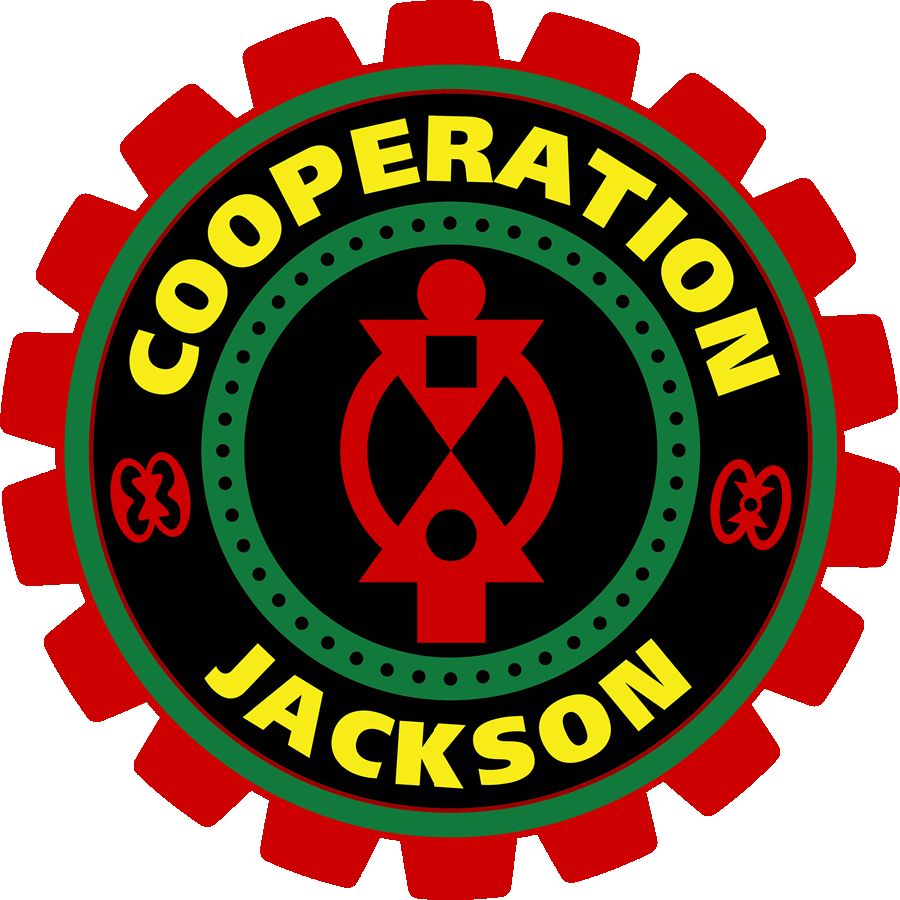Posted on March 18, 2015
By Dara Cooper, Contributing Editor, Environment, Food, and Sustainability
Just over a year ago last February 2014, the world lost an incredible activist, organizer, father, and mentor—Jackson, Mississippi Mayor Chokwe Lumumba who came to be known as “America’s revolutionary mayor”—due to a very sudden death. Although we gained Baba Chokwe as an ancestor, after only seven months in office, the loss of Mayor Lumumba came as a sudden blow to activists, dreamers and loved ones all over the country. The significance of his revolutionary work, and most notably his term in office, was and will be forever remembered. With scant resources, a radical agenda and revolutionary heart, his candidacy appeared to be a tremendous long shot to most. A strong grassroots strategy that mobilized the masses proved that the power of the people is more than an ideology. The election of Mayor Lumumba was a real life example of the true power of democratic processes and the viability of a radical agenda.
Read More





